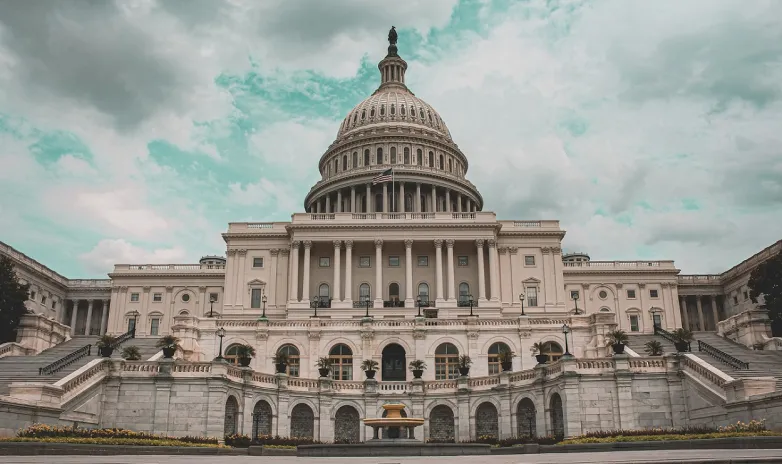Inflation Reduction Act passes US Senate, enact House of Representatives anticipated this week
- The Inflation Reduction Act (IRA), that includes US$ 369 billion in energy security and climate modification programmes over the next ten years, passed in the senate on Sunday, leading the way for its motion to the House of Representatives and also succeeding signing by President Joe Biden.

The Act passed by a 51-50 vote in the evenly split chamber, with Vice President Kamala Harris casting the tie-breaking vote.
The Expense's motion to the House, where is it anticipated to pass given a Democrat bulk, is most likely to happen at the end of the week as lawmakers look to reconvene regardless of the summer season recess.
Senate Bulk Leader Chuck Schumer called the regulations "the boldest clean power plan in American background", while Biden said he looked forward to signing the Act right into law.
As part of the IRA, US$ 30 billion will certainly be set aside for manufacturing tax credits (PTC) to accelerate United States clean power production, while an extra US$ 10 billion of investment tax credits (ITC) will be provided to construct clean technology production facilities, such as manufacturing facilities that make solar modules and various other clean modern technologies.
As anticipated, the passing was comfortably invited by the US solar sector and climate advocates, in spite of it being considerably smaller than the intended Build Back Better act because of compromises struck with obstructive Democratic Senator Joe Manchin.
" This bill is going to promptly aid the United States become a significant supplier of solar as well as various other clean energy technologies, while making it possible for a much more quick change to a reduced carbon future," said Scott Moskowitz, head of market approach and also public affairs at Qcells America, whose parent firm Hanwha Solution recently claimed it would certainly consider upping its investment in United States solar manufacturing if the act passes.
" Business prepare to invest billions of dollars to leverage this policy to enhance our supply chains, reduced power costs, as well as address the environment crisis," Moskowitz added.
Solar Energy Industries Association (SEIA) president as well as CEO, Abigail Ross Harper, said the "long-lasting incentives for clean power implementation and manufacturing" in the Act indicated "the solar and also storage sector can develop hundreds of countless brand-new tasks as well as get to work building out the following age of American power leadership."
" The Inflation Reduction Act is ground-breaking for our sector and exactly what we require to accelerate the clean energy shift," claimed Meghan Nutting, executive VP for Government and also Regulatory Matters at domestic solar installer Sunnova, adding the Act would certainly present chances to proliferate the fostering of dispersed power resources like solar as well as storage space.
Solar tracker manufacturer Nextracker claimed it "highly sustains the Inflation Reduction Act, which will immediately boost hiring at our United States manufacturing facilities". Its chief executive officer and also owner Dan Shugar said, "energy self-reliance as well as decoupling from abroad inflation elements has actually never been more important. We prompt the House to quickly pass this site regulations for President Biden's trademark."
Last week, PV Tech Premium reported that the IRA was the United States' "ideal chance to construct a domestic production base" that is important for it to fulfill its decarbonisation targets in the middle of a PV module lack in the country.
Under the proposals, the solar manufacturing tax credits are as follows:
- Modules would certainly get US$ 0.07, increased by the capacity of the module (on a per direct existing watt basis).
- Thin-film or crystalline PV cells would certainly obtain US$ 0.04, increased by the cell's capacity (on a per direct current watt basis).
- Wafers would safeguard US$ 12 per square metre.
- Polymeric backsheets would certainly obtain US$ 0.40 per square metre.
- Solar-grade polysilicon would certainly get US$ 3 per kilogramme.
Those credits are extensively according to producing assistance included in the Solar Energy Production for America (SEMA) Act, initial proposed by Senator Jon Ossoff last year that was generally welcomed by much of the United States solar sector, although it got less traction in government at the time.
Pol Lezcano, BloombergNEF's lead expert for North American Solar, informed PV Tech Premium that "with the manufacturing motivations in position, the US might reach its complete polysilicon manufacturing potential of approximately 21GW in less than two years, as well as make 10GW worth of modules per year beginning in 2025.".
Also read

